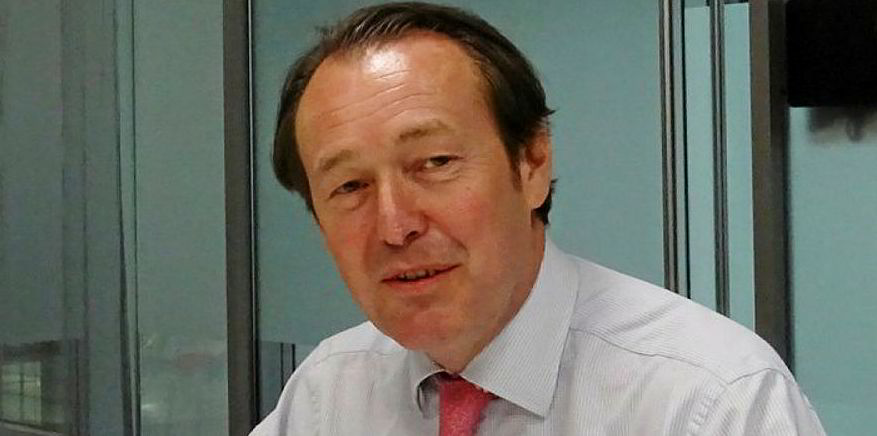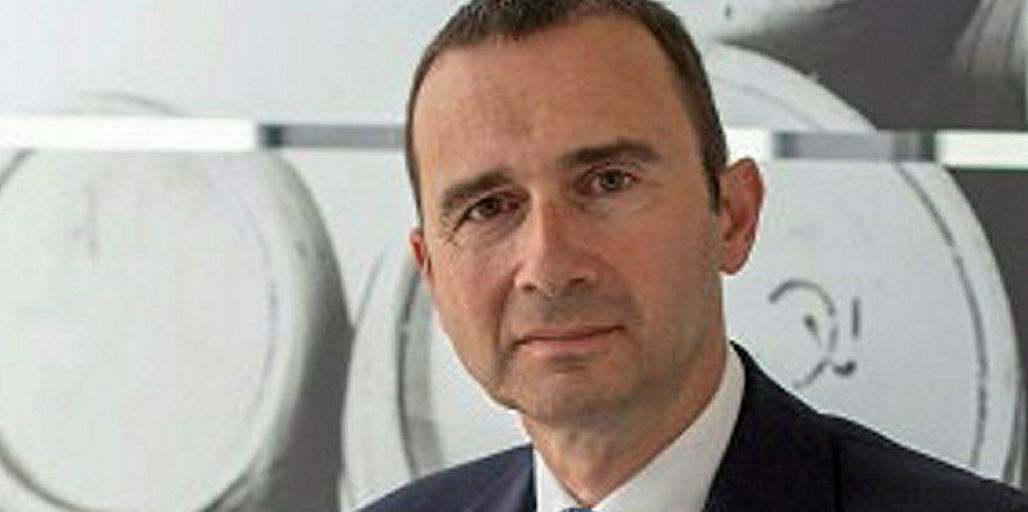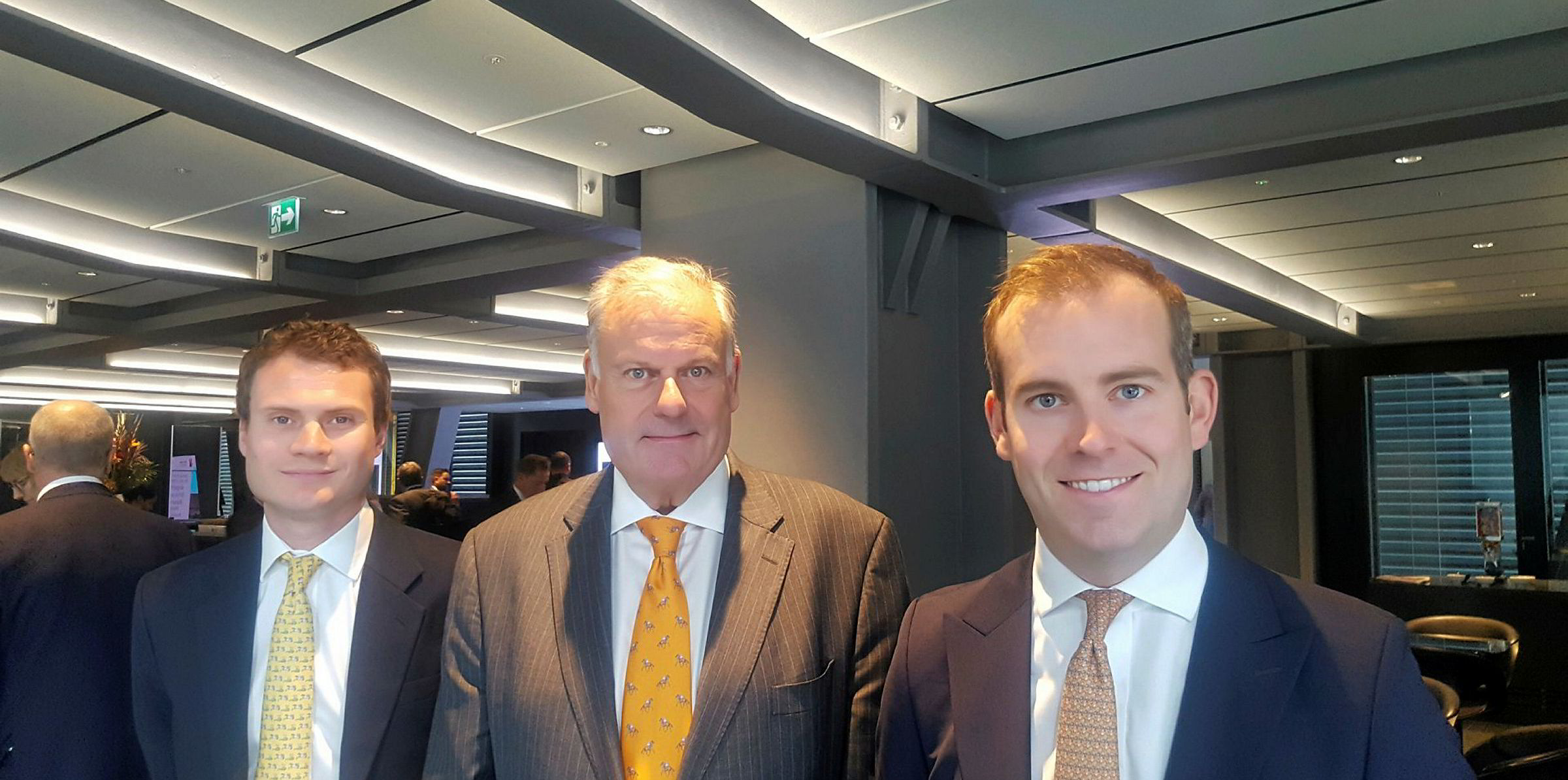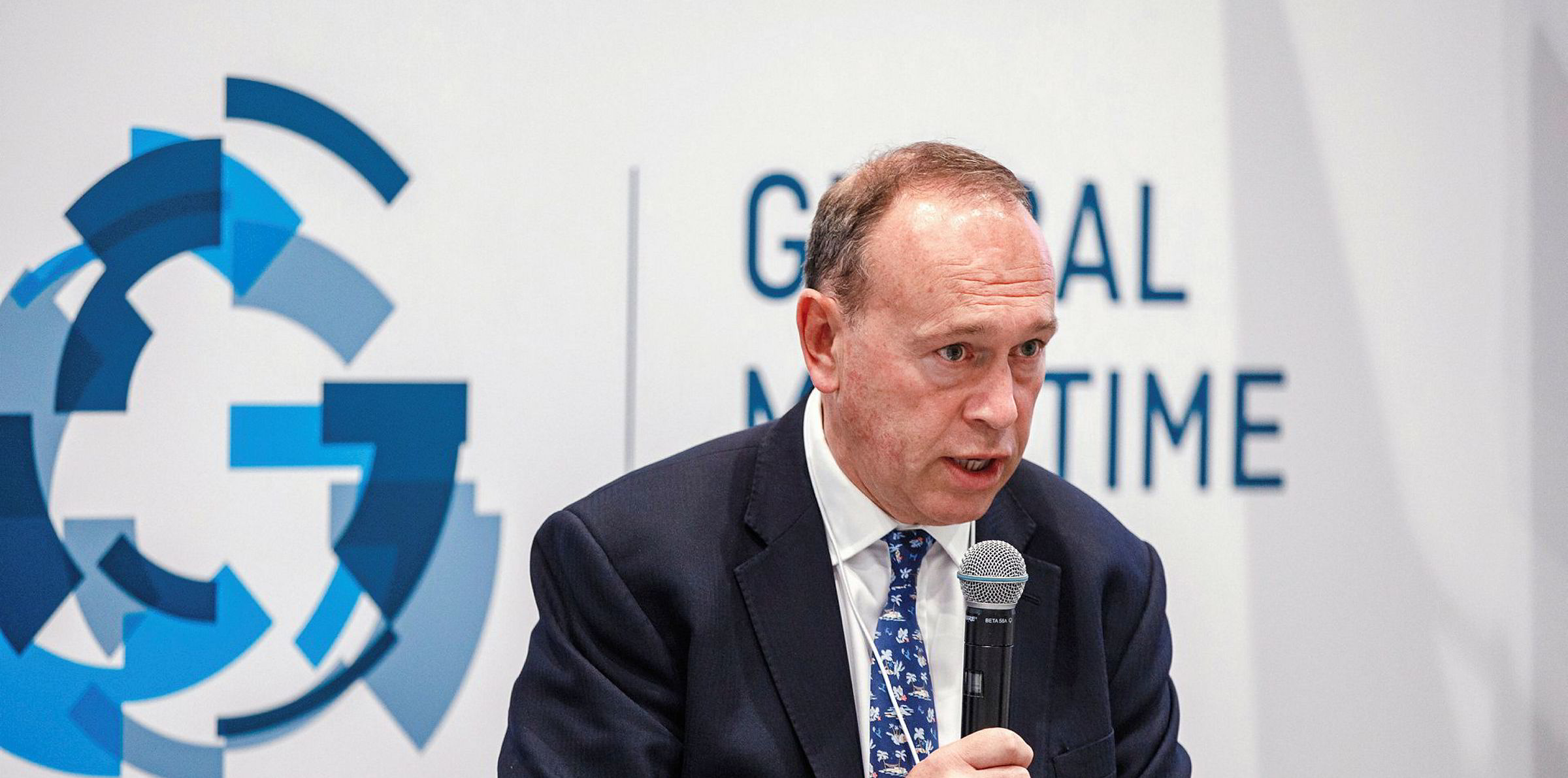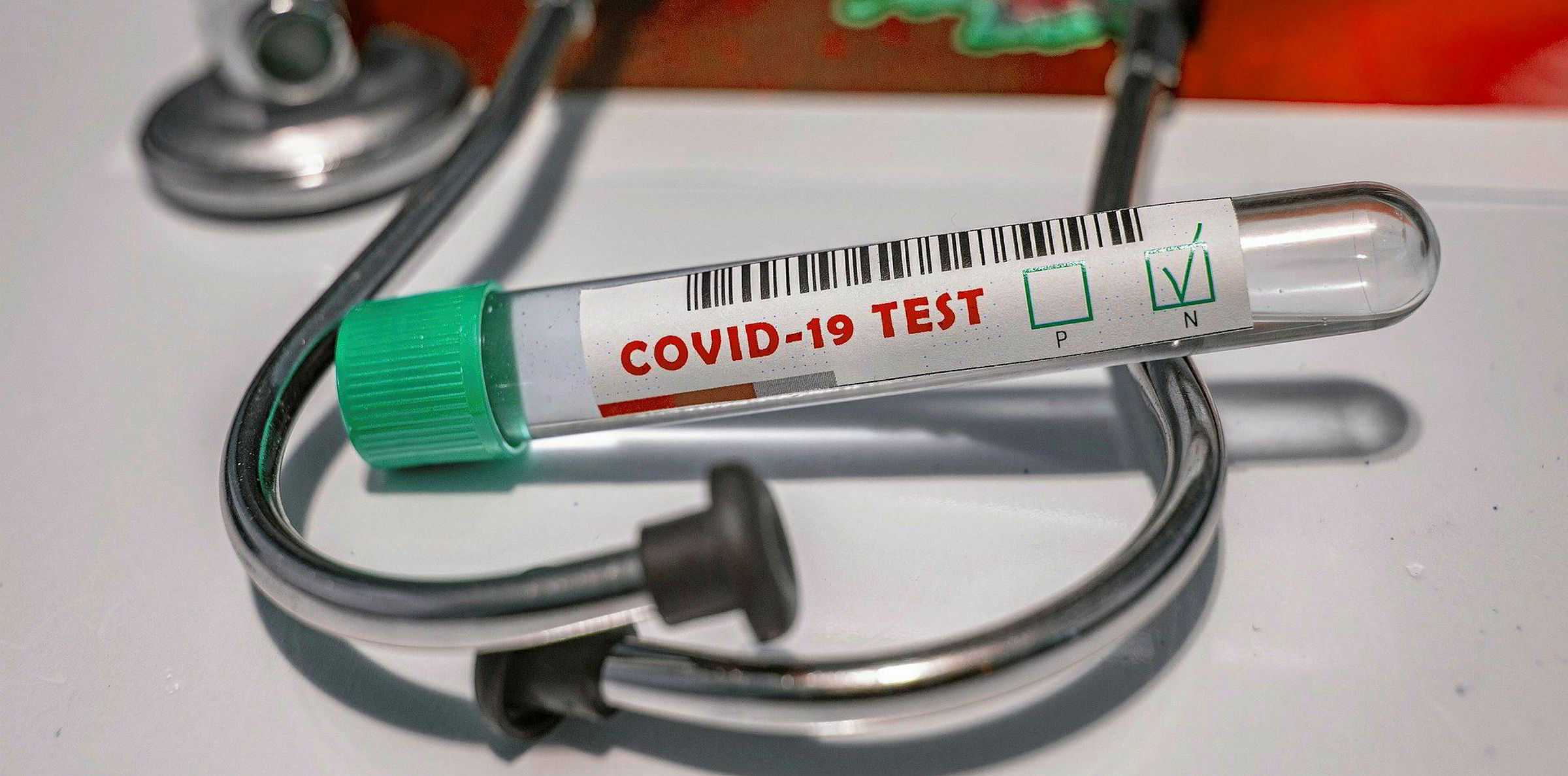Leading marine insurance broker Marsh JLT Specialty has advised shipowners that protection and indemnity clubs may not be losing as much money on their underwriting activities as they claim.
P&I mutuals have been telling owners that costly casualties and years of low premiums are now stretching financial resources.
But Marsh JLT’s financial review of the 13 members of the International Group of P&I Clubs indicates that the shipowner mutuals are as financially strong as they have ever been.
Marsh JLT’s report comes just as all the P&I clubs are expected to ask shipowners for significantly higher premiums at next year’s February renewal to tackle underwriting losses.
Too conservative
Underwriting performance is measured on a combined ratio basis that balances claims costs against premium income. Combined ratios over 100% indicate an underwriting loss.
Marsh JLT estimates that on average last year, the International Group of P&I Clubs members reported their average combined ratio to be 114%, representing a significant loss.
But the broker said the figures are skewed because the clubs are much too conservative in reserving for claims. Actual incurred claims often tend to be well under the originally estimated amount.
Marsh JLT's head of P&I, marine and cargo, Mark Cracknell, told TradeWinds: “We know clubs tend to be super cautious when it comes to reserving claims. Those underwriting losses we believe are overstated by a significant degree by over-reserving.”
The clubs might actually be performing closer to break-even, or might even be profitable, in underwriting terms, he believes.
In response, the clubs have claimed that they need to be financially prudent when reflecting the potential impact of claims on their balance sheet.
The recent past ... does not reveal any apparent need to plan for excessive volatility
Mark Cracknell
Marsh JLT’s report also suggests that most P&I clubs’ financial reserves have not been affected by the Covid-19 impact or the underwriting losses.
A collapse in the investment market caused by the onset of coronavirus has almost all been recovered and club finances are back to the record levels they were before the pandemic.
P&I clubs’ financial reserves are collectively back in the region of $5.5bn.
The clubs claim that robust financial reserves are necessary to guard against unexpected eventualities and to maintain high Solvency II capital reserve ratings.
Cracknell responds that the Covid-19 crisis has demonstrated that their finances are more than strong enough to cope.
“The clubs will doubtless make the case that the current levels of surplus funds are a necessary cushion against the unexpected. The recent past, however, does not reveal any apparent need to plan for excessive volatility,” he said.
Higher pool claims are also being raised by P&I clubs as a reason to raise premiums at the next renewal. Under the International Group pools system, claims over $10m are shared by member clubs and their reinsurers.
However, although Cracknell does not dispute that pool claims are on the rise, he suggested it is not as significant as it may seem.
Pool claims were $455.8m in 2018 and $411m in 2019 and have already hit $294m in the first six months of this year.
But Marsh JLT estimates that total actual incurred claims may turn out to be less than the initial reported pool claims figure.
A downturn in seaborne trade activity since the onset of the pandemic is also likely to curtail claims further.
Even though pool claims have increased, the value of claims remains small compared with the P&I clubs’ collective reserves and reinsurance structures in place in the pools claims system, he suggested.
Cracknell is pleased to see the move by many clubs to put more emphasis on the individual claims performance of members when assessing premiums.
But he does not share the clubs’ view that they need to raise rates. “We don’t see a compelling reason for an increase in rates,” he said.
“Rather than seeking higher premiums for the 2021 renewal, especially through the surely now outdated general increase, P&I clubs should reconsider if what they charge members is actually fair.
“Instead of increasing premiums, it is likely that in many cases they can be reduced, to reflect the true underwriting performance of individual members.”
